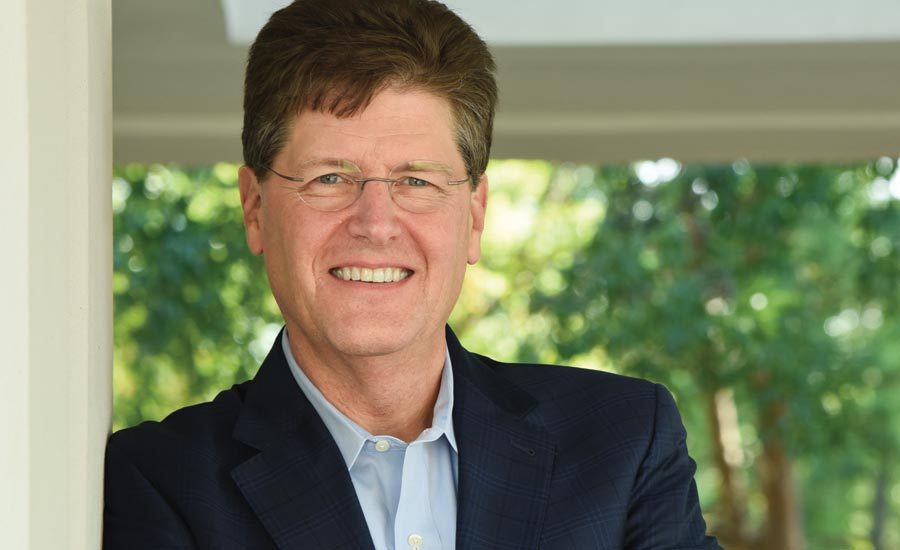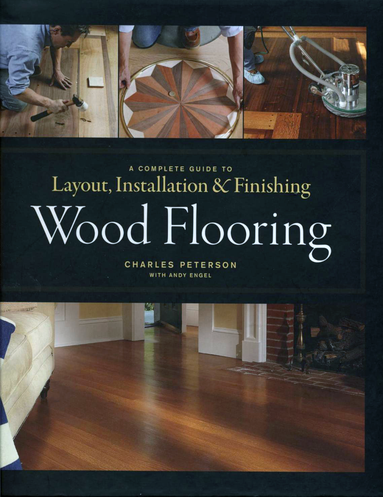Industry Q&A: Tim Baucom on Leadership


Floorté Pantheon HD Plus Calcare.




Tim Baucom was recently named president of Shaw Industries. In this new role, Baucom is expanding his current responsibilities for the company’s residential flooring division to include Shaw’s commercial flooring and turf businesses, the company said.
Baucom joined Shaw in 1992 after spending the first 11 years of his career with DuPont, where he held positions in engineering, manufacturing, planning, sales and marketing. Since joining Shaw, Baucom has held leadership positions across multiple segments of the company including in residential and commercial sales. He was instrumental in building the commercial business into the largest and most profitable commercial flooring entity in North America. We connected with Baucom to talk about his approach to leadership at Shaw.
FT: Congratulations on your appointment to president of Shaw Industries. How would you describe your approach to leadership?
Baucom: After 25 years, I hope I may be a predictable leader, very passionate about servant leadership, trying to align and empower people to make decisions fast and close to the customer. Constantly looking at what the consumers and end users want, recognizing that we need to align our direct customers to satisfy that need together.
FT: I had the opportunity recently to interview Pam Rainey for the start of our Women in Flooring series, which kicked off in May. She said one of the things that drew her to Shaw was the company’s process, procedures, and systems. Can you elaborate a bit about how these have helped Shaw’s success?
Baucom: We’ve always been passionate about trying to understand what does that end consumer or end user need? That is very customer-centric—what are the insights that we can quickly convert to action and align our direct customers to satisfy and serve? By understanding those hidden needs—because one of the things that we find is that typically, flooring, no pun intended, is foundational to a broader project that they’re doing. So, the more that we can understand their needs and how our category fits into their broader needs, the more we can delight them.
FT: Your team talks a lot about consumer insights. How do you see those insights moving the needle for the company?
Baucom: There are two things that compete against each other. They’re pressed for time, so they want to make quick decisions. But the other is that today, purchasing is an act of advocacy that is broader than just the product, so they want to know what you stand for. That’s why we’re trying to translate our stories in the compelling brands, in addition to compelling products. I think probably 15 to 20 years ago it was more product centric, but now I think it incorporates broader needs. So, we’ve got to be able to take those insights and convert them to actions and to put those in brands that convey something of meaning that resonates with the target audience.
FT: In terms of what you stand for, Shaw talks a lot about diversity and inclusion.
Baucom: Certainly, I think that diversity and inclusion is around trying to make sure that you have a big tent and where everybody has a voice and that voice gets synthesized into the work product. We’ve certainly worked a lot to try to get a broad cross section, from different functions and different skills, and one of the things that attracted me to Shaw back in the days when I called on essentially every mill and the industry in the trade through DuPont, was that Shaw really did value every associate, from the C-suite all the way to the people who are managing logistics, such as the truck driver. I think that was an early side of diversity and inclusion. I think as we take on broader issues, we’ve got to broaden that tent even outside of Shaw a little bit more.
We’ve always had tight relationships with our preferred dealer network, the Shaw Flooring Network, for example, on the residential side. Something that we focused on a lot has been our dealer council. In fact, our last convention really was designed very heavily by our dealer council. I think it’s something that we just need to continue to honor lots of different perspectives, but I think as we do that, once you create that openness, then those secondary things of different genders and different races and different nationalities start to come in because you’ve created that natural curiosity for how might we come together to solve a real problem.
FT: Could you say that’s a distinction of your leadership, that your teams are comfortable enough to have that open dialogue?
Baucom: One of the things I used to tease on the commercial side, we’d have a meeting with five people in the room and somehow it seemed like we had seven opinions. Some people would double back on themselves as they would get excited and inspired by other people. I think that if you can create that kind of healthy debate, you really start to zero in on something that can be distinctive. I think as you do that you then need to frame yourself with some core values that, help to focus that energy and bring people together. One of the things that we spent a lot of time talking about is this concept of adopted doubt. So, if everybody adopts these core principles—our essence of what our culture, our brand stands for—then it makes it easier to adapt to those areas of diversity. You know, people’s generational differences, or differences in background, which enhance our work product today.
FT: What are you looking forward to in business this year?
Baucom: I’m really excited about a lot of pent-up demand in housing. Even as the economy may slow down a little bit, I think that there’s a lot of opportunity for growth in the flooring and construction industries. We would prefer for the economy to be more of a tailwind rather than a headwind, but either way, I believe that the next five years to be very good. One of the things that I am a concerned about across the country is this issue of affordable housing. And that’s not just something with mid- to low-income people you’re saying in major markets, even for the knowledge worker and the young millennials, housing’s a real challenge. I think that we can do something to make housing exciting and affordable with the products that we bring forward.
FT: In your opinion, what is the manufacturer’s role in figuring out the flooring industry’s lack of qualified installers?
Baucom: This situation around installation—I think that we as a manufacturer first and foremost the thing is to make our product easier to install. One of the things that we are really starting to try to do is deepen our understanding—historically, we have focused mostly on how are we competitive on a wholesale material-only price, and increasingly we’re going to start looking at what is the retail installed price. Second, what we can do is adequately supply the materials to educate and ultimately the added value of the retail and subcontractor community is to project manage and attract the right installers.
Looking for a reprint of this article?
From high-res PDFs to custom plaques, order your copy today!











